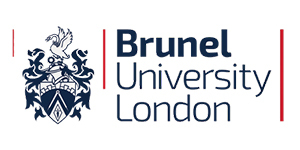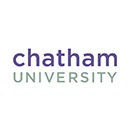Programme Type: Undergraduate
Course Overview
You’ll learn all the essential design, making and technical skills you’ll need in your career, and put those skills into practice as you take part in work placements and exciting collaborative projects, such as working with TV Production students at Maidstone Television Studios.
You’ll also gain a deeper understanding of the discipline, learning about the history and theory of theatre and film arts, underpinned by art and design history.
Year One
Your first year offers tutor-led instruction to the role and responsibility of the designer. Projects include text analysis, introduction to designing a scale model for a theatre or screen-based performance and establishing industry-standard processes for designing. The emphasis is on establishing a secure foundation upon which future projects will rely, as well as an opportunity to develop a distinctive visual design language through costume and set design. Alongside this, students learn key skills in costume and prop making, including hand sewing and machine sewing, woodwork, metalwork, digital manipulation and technical drawing, amongst other skills.
Visual Narrative One
This unit challenges students to create individual responses to a given text through ‘anticipating a performance’, by way of set and costume design. You will be introduced to how knowledge and research support creative thinking and design development, through a combination of text analysis, contextual research, discussion, observation, storyboard, 2D and 3D speculative inquiry.
Visual Narrative Two
Designing for theatre or screen is a collaborative professional discipline: designers work with directors and makers to deliver dramatic impact, whether for theatre or screen. This unit introduces team-working and a range of approaches, methods and techniques where creative manipulation promotes dramatic storytelling and develops important skills involved in creating a visual language for screen or stage, including:
- Developing atmospheric environments
- Theatre and stagecraft
- Manipulating material and form to support a narrative
- Dramatic impact through the five elements of design.
Toolbox
You'll be given a practical induction into the workshop environments for the course, providing you with the opportunity to develop a ‘toolbox’ of skills needed for the design and fabrication of set models, costumes, application of craft skills. Using traditional and contemporary techniques in a workshop-based environment, the unit establishes students’ skills and ability to identify appropriate methods for the creation of a range of bespoke scenic elements. You are provided with working knowledge of processes, materials and techniques which are regarded as an industry standard. The unit engages students in understanding the position of the designer-maker as a practitioner in the performance industry. The unit also introduces you to digital skill applications.
Cultural Contexts 1
You'll be introduced to the histories, theories and practices that inform contemporary performance and production design. It explores the ways in which art history, contemporary art, cultural studies and the wider world influence designers. The unit provides you with the tools for research, analysis and interpretation to make informed readings of scenographic and filmic spaces. It examines the ways in which stories can be told through images, objects and spaces, and the ways in which audiences receive and interact with this information.
Entry Requirement
Academic Requirements:
Along with your portfolio, the standard entry requirements* for this course are:
One of the following:
- 112 new UCAS tariff points,
- Pass at Foundation Diploma in Art & Design (Level 3 or 4)
- Distinction, Merit, Merit at BTEC Extended Diploma / BTEC National Extended Diploma
- Merit at UAL Extended Diploma
- 112 new UCAS tariff points from an accredited Access to Higher Education Diploma in an appropriate subject
- 27-30 total points in the International Baccalaureate Diploma with at least 15 IB points at a Higher level,
And four GCSE passes at grade A*-C and/or grade 4-9 including English (or Functional Skills English/Key Skills Communication Level 2).
Other relevant and equivalent Level 3 the UK and international qualifications are considered on an individual basis, and we encourage students from diverse educational backgrounds to apply.
*We occasionally make offers that are lower than the standard entry criteria, to students who have faced difficulties that have affected their performance and who were expected to achieve higher results. We consider the strength of our applicants’ portfolios, as well as their grades - in these cases, a strong portfolio is especially important.
International Baccalaureate
If you are studying the International Baccalaureate, the number of points you need to achieve can vary depending on the strength of your portfolio and the number of Higher Level points you achieve. As a guide, the number of points applicants are usually asked to achieve is
- Bachelor’s courses (except BA (Hons) Architecture): 27 total points.
- BA (Hons) Architecture: 29 points.
- Four Year Bachelor’s and Further Education Courses: minimum of 24 points.
We do occasionally make offers lower than this entry criteria, to students with a strong portfolio or those who have faced difficulties that have affected their performance and who were expected to achieve a higher result.
English Language Requirements:
| Course | Test | Listening | Reading | Speaking | Writing | Total |
|---|---|---|---|---|---|---|
| International Foundation | UKVI IELTS | 4.5 | 4.5 | 4.5 | 4.5 | 5.0 |
| LanguageCert International ESOL SELT | 33 | 33 | 33 | 33 | B1 Achiever High Pass | |
| Pearson Test of English (PTE) Academic UKVI | 41.0 | 41.0 | 41.0 | 41.0 | 46.0 | |
| Course | Test | Listening | Reading | Speaking | Writing | Total |
| BA/BSc Courses | IELTS UKVI or Academic | 5.5 | 5.5 | 5.5 | 5.5 | 6.0 |
| Test of English as Foreign Language (TOEFL) iBT | 17 | 18 | 20 | 17 | 80 | |
| Pearson Test of English (Academic) | 51 | 51 | 51 | 51 | 56 | |
| Cambridge English Advanced (CAE) or Cambridge English Proficiency | 162 | 162 | 162 | 162 | 169 | |
| Trinity College London Integrated Skills in English (ISE) | Merit | Merit | Merit | Merit | ISE II | |
| LanguageCert International ESOL SELT | 33 | 33 | 33 | 33 | B2 Communicator High Pass |
Fees
UK students - £9250
EU students - £9250
International students - £16950 (standard fee)
International students - £16270 (full early payment fee)
This information was accurate on : 28/04/2021
Please contact us for more information about this courses


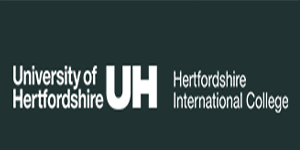
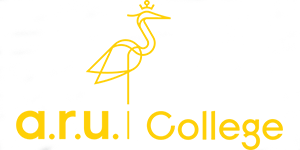

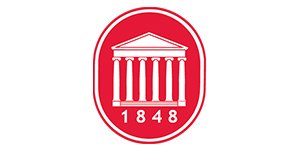
.jpg)

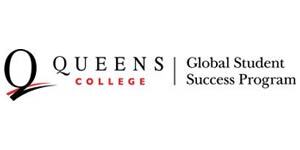
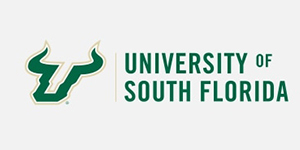
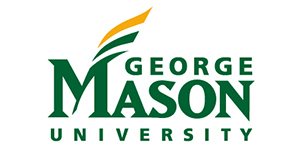

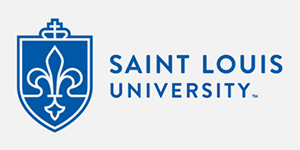

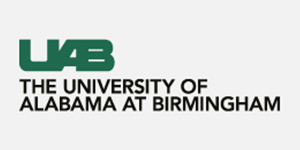

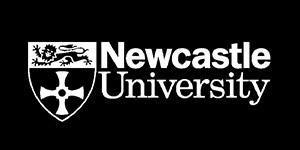
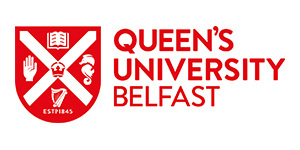

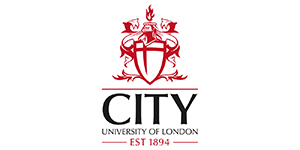

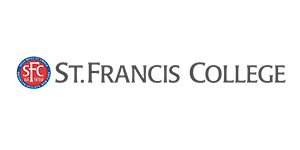


.jpg)






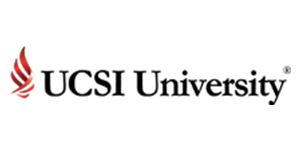
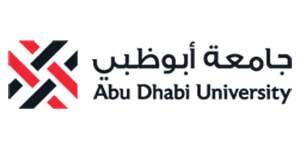
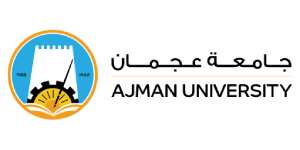
.jpg)

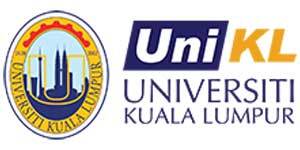
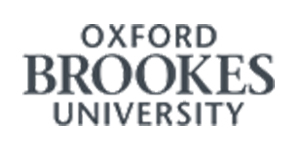
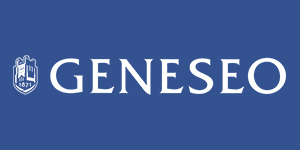


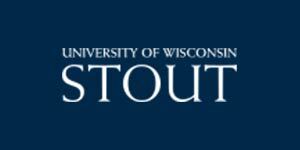
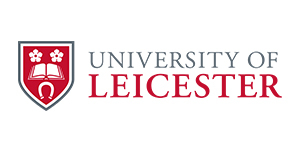
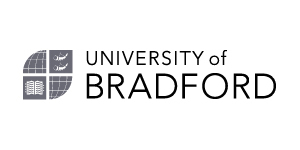



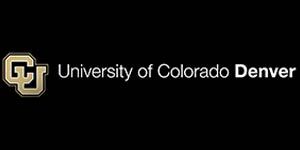


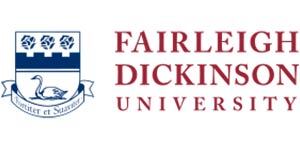

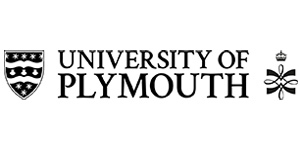

.jpg)
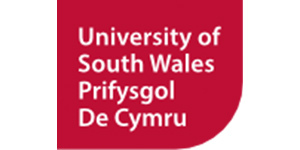



.jpg)
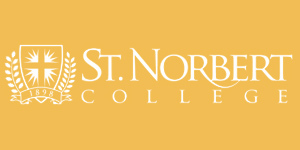
.jpg)
